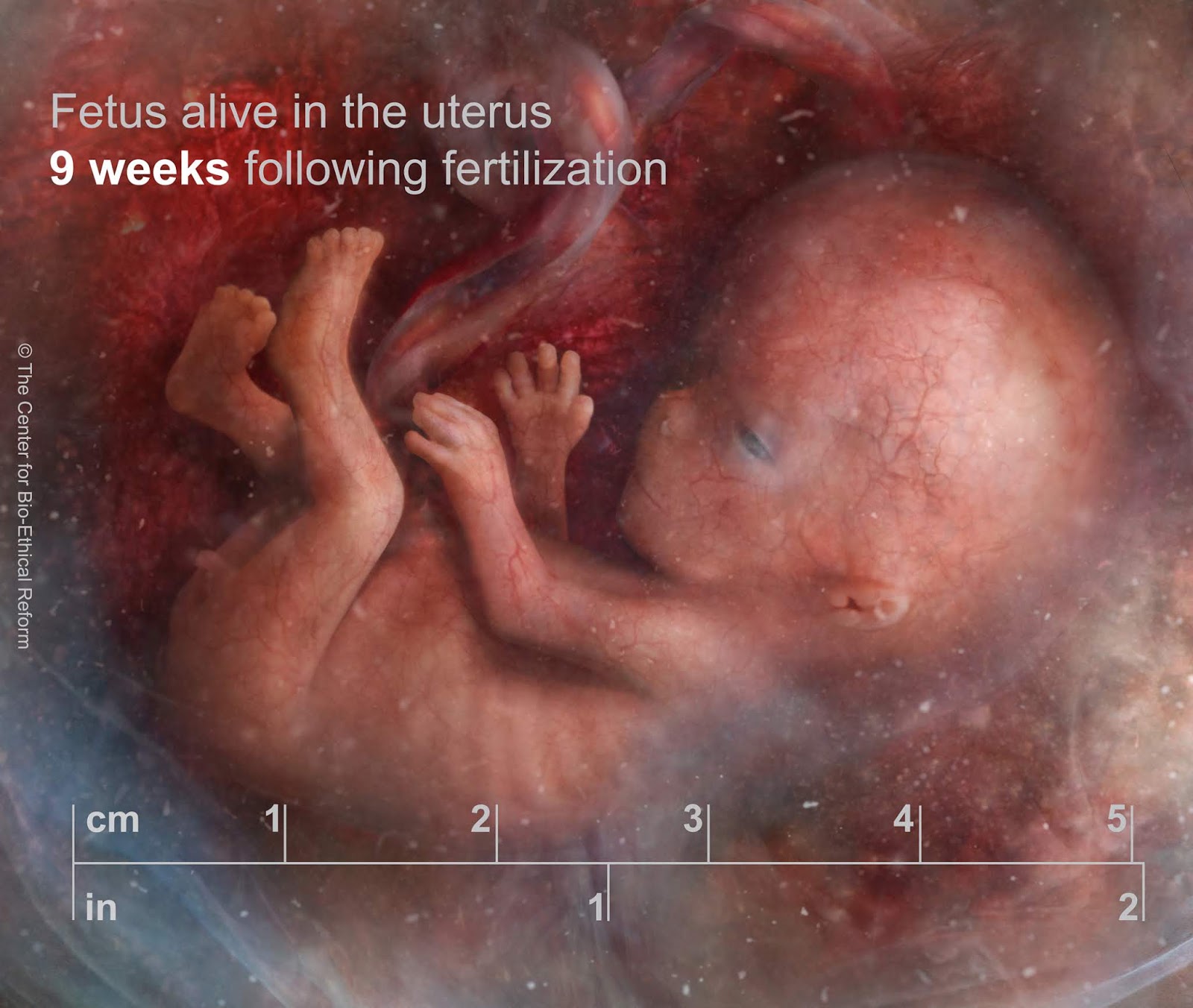Table of Contents
The following is a summary of Rev. McLaughlin’s response to the NI Public Health Bill Consultation which closes on Monday 14th October.
After extensively reading and consulting on this matter, I am writing to you as the Minister of Carryduff Free Presbyterian Church regarding the ‘policy underpinning the Public Health Bill (Northern Ireland)’ consultation. It seems that the consultation document is based largely on the recommendations of the Final Report of the review of the Public Health Act (Northern Ireland) 1967, commissioned by the Department of Health, Social Services and Public Safety (DHSSPS) in October 2013 and completed in March 2016.
Upon reviewing this proposal, it is evident that the Department of Health, through this Bill, seeks extensive control over the inhabitants of Northern Ireland by introducing authoritarian legislation governing “premises, things, persons, and related persons.” The legislation would severely curtail civil rights, bodily autonomy, property rights, parental rights, possession rights (including animals), the freedom of association, and the right to work, while also introducing a surveillance regime. It is hard to identify any rights citizens would retain.
This Public Health Bill is fundamentally about enforcement, but the public has the right to ask: why is there no mention of preventative practice, a sound health policy, or a risk-benefit analysis? There is no indication that this Bill is based on a review of previous policy.
It seems that no lessons have been learned from the failure of COVID-19 policies in controlling the virus, nor from the widespread and well-documented harms those policies caused. Furthermore, according to the government’s own data, such draconian measures were unnecessary.
The Bill proposes mandatory medical interventions, including forced vaccinations and medical examinations on both adults and children, undermining individual rights to bodily autonomy and violating the Human Rights Act of 1998 and the European Convention on Human Rights.
The Bill is inconsistent with an inadequate definition of medical treatment, as it excludes vaccinations and prophylactic treatment, creating dangerous legal inconsistencies with UK standards, which could lead to human rights abuses. The Department of Health is being misrepresented by those claiming they are simply mirroring laws.
Another major issue is that the Bill strips local councils and other departments of their authority to manage local health responses, instead centralising power within the Department of Health. This bypasses democratic oversight and leaves communities vulnerable to unjustified government overreach.
Enforcing the Bill would grant disproportionate and excessive powers to the Department of Health, which in turn could threaten personal and civil liberties. As the saying goes, “power corrupts, and absolute power corrupts absolutely.” That is the real danger of this Bill: it places absolute power in the hands of a few, granting them unchecked authority to track, trace, detain, quarantine, disinfect, decontaminate, and forcibly vaccinate adults, vulnerable individuals, and children. The Bill also allows for the prevention of family gatherings, travel restrictions, and the closure of businesses and homes. It permits the seizure of business and personal vehicles, as well as items like phones and laptops. Funerals and cremations could be halted, and farm and domestic animals destroyed. Those who object to these measures, including parents, church leaders, and healthcare professionals, could face fines.
Without proper legal safeguards, this Bill has the potential to threaten personal freedoms and the principle of necessity in our public health system.
To date, public engagement by the Department of Health has been inadequate, marred by misrepresentation and a lack of clear, accessible information. These shortcomings undermine trust and transparency in public health policy.
The government asserts that policies should be “consistent with the WHO International Health Regulations.” However, I would argue that the proposed Bill actually implements the amendments to these regulations, changing previously non-binding provisions on issues such as border closures, travel restrictions, quarantines, and mandatory vaccinations to binding ones.
This response outlines the following:
1. A summary of the proposed powers in the context of the amendments.
2. The impact of such powers on civil liberties.
3. An explanation of why such powers are unnecessary, given the failures of previous policies and updated reviews of the harms caused by their enforcement.
4. A set of public health principles that should form the basis of health policy for all in Northern Ireland.
Response:
Below is a summary of the proposed powers, highlighting the enforcement policies based on the amendments.
These proposals seek to seize powers to close premises, businesses, and schools, confiscate goods and animals, arrest and detain people, forcibly vaccinate, and carry out medical examinations. They also introduce extensive surveillance and monitoring powers, including the removal of documents and hardware. The totalitarian nature of these measures is alarming, and an extensive summary is provided to highlight their true extent.
For example:
- Paragraph 76: Restrictions or requirements imposed on a person include removal to a hospital, isolation or quarantine, disinfection, wearing protective clothing, health monitoring, restrictions on movement, and abstaining from work.
- Paragraph 77: Courts may impose these restrictions on children, requiring parents to ensure compliance.
- Paragraph 61: Officers are authorised to search premises, take samples, and seize documents or electronic information.
- Paragraph 87: Officers are given the power to seize goods.
- Paragraphs 172 and 179: Mandates for vaccination.
- Paragraph 114: Forced medical examinations.
- Paragraph 116: Forced entry to premises by officials.
- Paragraph 119: Powers to remove documents and information stored in electronic form
- Paragraph 102: Power to enforce such other restrictions or requirements as the court considers necessary
These proposals violate the principle of informed consent, a cornerstone of healthcare. The powers are so broad and repressive that they are more suited to a totalitarian regime.
As David Bell, formerly of the WHO, and Professor Ramon Thakur, former United Nations Assistant Secretary-General, state:
“Health includes mental health and well-being and is highly dependent on a robust economy, yet the WHO-backed package of measures to fight COVID-19 has been damaging to health, children’s immunisation programs in developing countries, mental health, food security, economies, poverty reduction, and the educational and social well-being of peoples. Their worst effect was grievous assaults on human rights, civil liberties, individual autonomy, and bodily integrity.”
Yet, it appears the Northern Ireland Department of Health wants to implement such policies here. In summary, major elements of the legislation include monitoring and surveillance, restrictions on movement, lockdowns, testing, and protective clothing such as masks, as set out in the WHO IHR Amendments.
In clear contravention of the original 2019 WHO Pandemic Plan, which contained many evidence-based recommendations, such as:
- There was no evidence that face masks are effective in reducing the transmission of laboratory-confirmed influenza.
- Active contact tracing is not recommended in general because there is no obvious rationale for it in most member states.
- Home quarantine of exposed individuals to reduce transmission is not recommended because there is no obvious rationale for this measure.
- The quality of the evidence around the effectiveness of school closures is described as “very low.”
- There is no evidence that the closure of churches, large or small, had any impact on the transmission of COVID-19.
Why were such recommendations ignored from 2020, and why are they still being ignored in 2024? These are the restrictions that the Department of Health seeks to introduce and expand. Why has the Department of Health NOT reviewed the operation of these policies throughout the previous so-called “Pandemic”? The evidence of their failure and the harms they caused is well-established. Below is a review of these elements in the context of the proposals in the Bill.
Why these powers are not actually needed
Monitoring and surveillance/restrictions on movement and access (Paragraphs 61 and 119)
A damning report from the House of Commons Public Accounts Committee concluded that the NHS Test and Trace service in England failed to deliver its central promise to avoid a second national lockdown, and there is no clear evidence its “unimaginable” costs (£37 billion) have been justified.
Meg Hillier, the committee chair, said:
“Despite the unimaginable resources thrown at this project, NHS Test and Trace cannot point to a measurable difference in the progress of the pandemic, and the promise on which this huge expense was justified—avoiding another lockdown—has been broken.”
It didn’t work the first time, so what changes have been made?
Restrictions on movement, including Vaccine Passports
The scheme, costing the Northern Ireland taxpayer £21 million, was introduced after the Department of Health had been told that the scheme had not worked anywhere else. It was abandoned after five weeks in other parts of the UK.
Imposed Lockdowns
Lockdowns, another heinous crime committed against a free people, were based on the validity and accuracy of the PCR test. It is well known that the test has an 80%+ failure rate and, indeed, was not designed to determine whether a person was infected or infectious. Yet, despite the multitude of research studies indicating the failure of lockdowns and the huge harms they caused, lockdowns appear to be a key plank in “protecting the public” in this Bill.
Ignoring the plethora of recent research studies, one by our own University of Ulster, carried out by Professor Norman Fenton and Dr. Gerry Quinn, revealed that seasonality was overwhelmingly more important than any of the government measures—vaccination programs or the many public health interventions including lockdowns, masks, travel restrictions, and vaccines.
Similarly, a review by the UK Health Security Agency, covering 151 studies published in September 2023, found that the evidence base for the effectiveness of non-pharmaceutical interventions (NPIs) on COVID-19 transmission was weak. These interventions include measures such as lockdowns, the ‘rule of 6,’ test and isolation, face coverings, border restrictions, and more. The report concluded:
“There is a lack of strong evidence on the effectiveness of NPIs to reduce COVID-19 transmission.”
Not only did they not work, but they caused immense and continuing harm—so why are we considering introducing powers to do the same thing again?
Studies on Lockdowns
Of the countless commentaries and research reports not only showing that lockdowns did not work but also caused enormous harm, these two studies cited below aptly summarise the wide-ranging consequences:
1. A study by Johns Hopkins University in January 2022 concluded:
“The effect (of lockdowns) on mortality is little to none. Lockdowns during the initial phase of the COVID-19 pandemic had devastating effects. They contributed to reduced economic activity, increased unemployment, reduced schooling, caused political unrest, contributed to domestic violence, and undermined liberal democracy. These costs to society must be compared to the benefits. Such a standard benefit-cost calculation leads to a strong conclusion: lockdowns should be rejected out of hand as a pandemic policy instrument.”
2. In 2021, a Swiss Policy Research analysis concluded:
“Almost every single government intervention, in particular lockdowns, school closures, mask mandates, mass testing, and ‘contact tracing,’ as well as ‘vaccine passports,’ have been entirely ineffective and unjustified while having caused unprecedented social and economic harm.”
Rancourt’s 125-country study reached similar conclusions. A report published on the US government’s health website stated:
“Lockdowns may prove to be one of the gravest governmental failures of modern times. A cost-benefit analysis of the response to COVID-19 found lockdowns to be far more harmful to public health (at least 5-10 times more) than COVID itself.”
Reviews of the effects of lockdowns on COVID-19 mortality concluded that there is no broad-based evidence of noticeable COVID-19 benefit. Pandemic models guiding policy overestimated the impact of COVID-19 and failed to account for the collateral damage caused by lockdowns. The sense of fear, anxiety, and helplessness inflicted upon families, and the 2.2 billion children around the globe facing loss of future earning capacity and limited healthcare access, will affect lives in an unprecedented manner for generations.
Conclusion:
This Bill places too much emphasis on enforcement without any regard for promoting good health or fostering public trust. Public health measures should be based on ethical principles, transparency, and evidence-based practices, none of which are present in this Bill. I urge Northern Ireland’s politicians to reject these proposals and instead focus on creating policies that truly benefit public health without compromising civil liberties.








